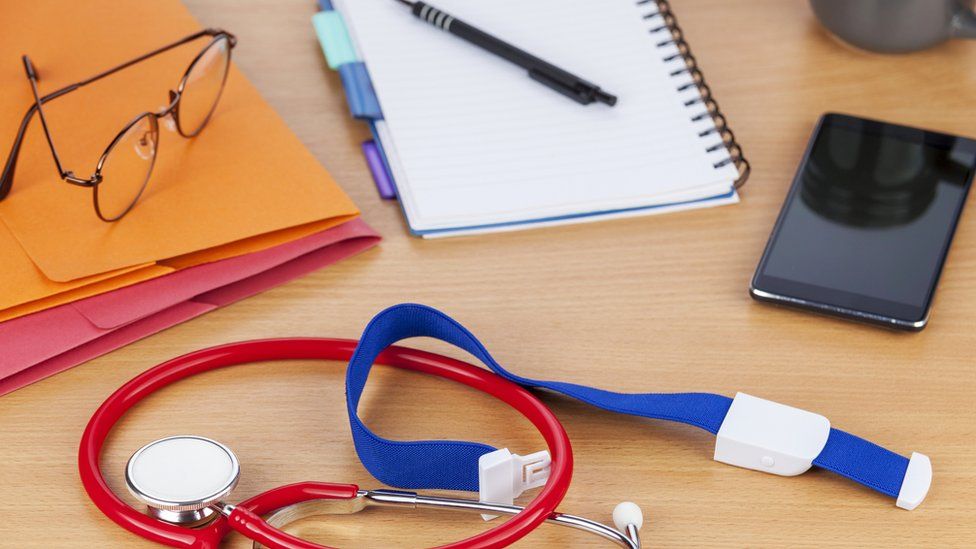The government is proceeding with the creation of a central store of data from GP records in England next month, despite the NHS suggesting a delay.
The data is moving to a central NHS Digital database, with the Department of Health saying it expects GPs to introduce the system from 1 July.
The NHS wanted a delay until September so patients had more time to learn about the system, the BBC has learned.
Critics worry the data could be misused by third parties.
Under a new system, called General Practice Data for Planning and Research (GPDPR), data from surgeries in England will be added to an NHS Digital database in “near real-time”.
The programme will also extract data from records created up to 10 years ago.
Patients have until 23 June to opt out.
There is widespread agreement that the data could be of great value to research, but doctors are concerned the public is not well enough informed about what is happening.
The British Medical Association and Royal College of General Practitioners (RCGP) have issued a rare joint letter to express their “concerns about the lack of communication with the public”.
The letter calls for NHS Digital to “take immediate action to run a public information campaign”.
Some GPs in east London have reportedly already refused to hand over patient data, citing the lack of an effective information campaign to tell the public about the changes.
Whether to delay, and in what form, has been the subject of intense discussions this week.
But on Thursday night, the Department of Health said in a statement that it expected the system to start on 1 July. It added that the plan would “provide benefits to patients across England” and that it was putting support in place.
“The new programme for collecting data has been developed in collaboration with doctors, patients and data, privacy and ethics experts to build on and improve systems for data collection,” the statement said.
Medical privacy campaign group MedConfidential criticised the decision to proceed as potentially “destroying public trust and harming research in the process”.
Informed consent
Campaigning law group Foxglove is supporting a coalition of organisations to challenge the scheme in court, and has sent a pre-action letter to the Department of Health and NHS Digital.
The letter warns that unless the government pauses the scheme and seeks “meaningful patient consent”, the group will seek an injunction to halt it.
This is not the first time the NHS has sought to extract data from GP records.
In 2016, a scheme called Care.data was abandoned and questions were raised about the adequacy of efforts to inform the public about it.
As part of Care.data, every household in England was sent a leaflet about the programme and the possibility of opting out, although a survey by the BBC suggested that less than a third recalled getting one.
Big data
NHS Digital says it will collect a range of information including data about “physical, mental and sexual health”, while details of gender, ethnicity and sexual orientation will also be included.
The NHS says the data will only be used for planning and research purposes, that each application to use it will need approval from advisory groups.
It may not be used “solely” for commercial purposes or for insurance, marketing, promoting or selling products or services, or market research.
However, some private sector organisations will be able to see it with permission, and critics are worried about the type of organisations that may gain access.
They point to the controversial involvement of firms like US data firm Palantir in the analysis of other NHS data.
Research reward
Last year there were more than 300 requests for GP data using “legacy systems”.
NHS Digital says GP data has benefited millions during the pandemic, helping the most vulnerable, rolling out the vaccination programme and identifying live-saving Covid treatments.
Prof Martin Landray, who jointly leads the “Recovery” trial which helped identify treatments for people hospitalised with Covid-19, told the BBC Tech Tent podcast there were many conditions where data needed for research was held only in GP records.
He said researchers could already request data from GPs, but the new system would bring consistency to how it is used and controlled.
“I can understand why at one level ‘all my data is going to be made available’ sounds scary,” he said.
“I don’t think that we should view it in that way.”


